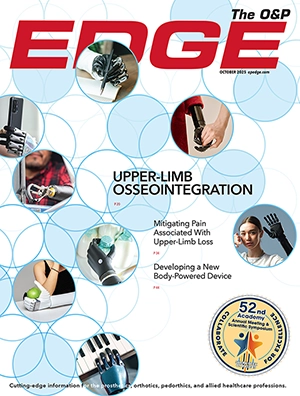Of those who responded about the benefits of providing care in less resourced countries, 53 percent said it offered a greater awareness of that country’s culture; 20 percent said there was a possibility for reimbursement; and 20 percent said there was room for improvement. Seven percent of those who responded said it was an opportunity to gain more medical knowledge.
Since June 17 was Eat Your Vegetables Day—and almost everyone has a favorite veggie, we wanted to know just what that veggie was. (If you’re like this writer, you like just about all of them, even brussels sprouts, but spinach is on the top of the list.)
Broccoli was the favorite of 56 percent; 16 percent said spinach, and eight percent said carrots. Twenty percent chose something else. Our editor said, “Peas! Regular green peas, snap peas, snow peas.” We’d have to agree with her—what’s not to like about peas?
Another follower said, “Way too many to list! But my top favorites are kale and all leafy greens, asparagus, broccoli, jalapenos, and other peppers, cauliflower, carrots, purple sweet potatoes, string beans, brussels sprouts, and snap peas. All organic, of course!” Well, of course,” we agreed.
For this week, we’re highlighting a recent study that investigated the glass ceiling phenomenon in O&P, where women, despite growing representation in the profession, are underrepresented in leadership roles. Our question: Why does the glass ceiling exist for women? It’s up and in full swing. So far, our followers are saying discrimination is the biggest factor when it comes to the glass ceiling.
Tell us what you think. We’d love to hear from you.




